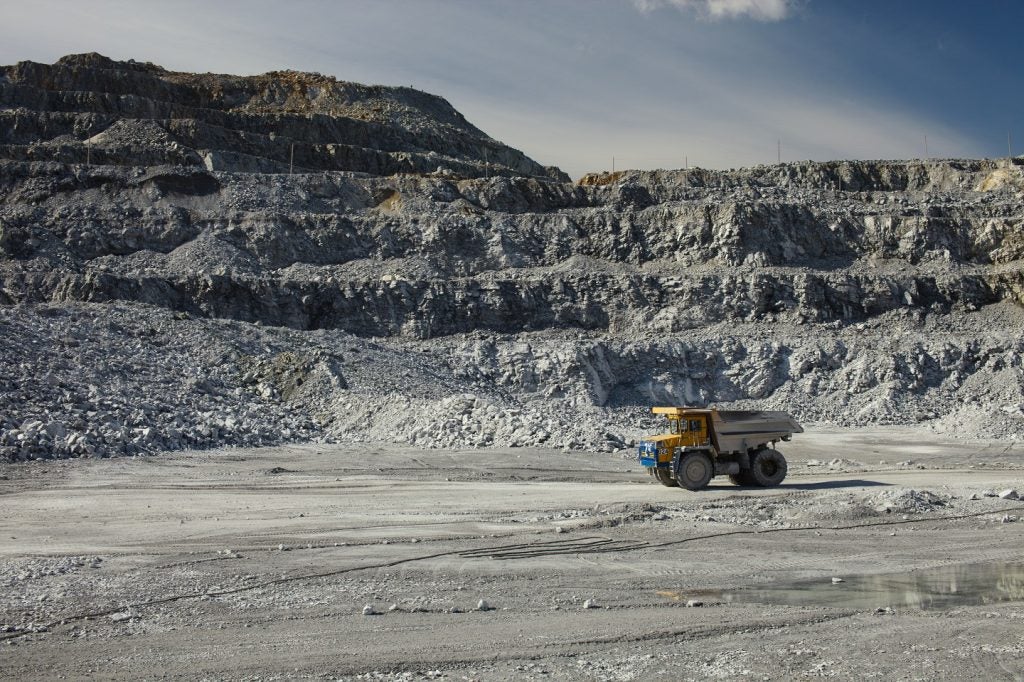Mining giant Rio Tinto is facing renewed opposition to its proposed RSD256.8bn ($2.4bn) Jadar lithium project in Serbia, reports Bloomberg News.
The opposition by tens of thousands of activists in Belgrade is a part of a series of protests, is response to environmental concerns surrounding the potential impact of lithium mining.
The Jadar project, if realised, could meet 90% of current lithium demand in Europe, reports Reuters.
However, the initiative has been met with significant resistance.
In 2022, operations were suspended to alleviate concerns over the environmental impact of lithium extraction at the mine.
The Serbian Supreme Court lifted the suspension in July 2024, but opposition persists. The recent rally is the latest in a series of protests across the country.
The Serbian administration, including Finance Minister Sinisa Mali, advocates for the project, suggesting it could contribute up to €12bn ($13bn) to the national economy annually, especially if coupled with local battery and electric vehicle production.
In July 2024, an agreement was signed by Serbian President Aleksandar Vucic, German Chancellor Olaf Scholz, and EU Energy Commissioner Maros Sefcovic, facilitating EU member states' access to Serbian-mined raw materials, including lithium.
Additionally, Mercedes Benz CEO Ola Kaellenius and Stellantis NV have expressed intent to invest in electric vehicle battery production.
Despite government assurances of stringent environmental standards, activists remain sceptical, continuing to voice their opposition to the lithium mining project.
Serbia energy minister Dubravka Djedovic Handanovic was cited by Reuters as saying that construction on the Rio Tinto’s Jadar lithium project could take two years to secure the permits needed to commence construction.









